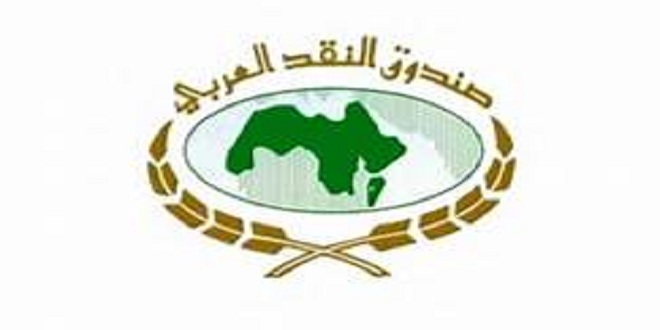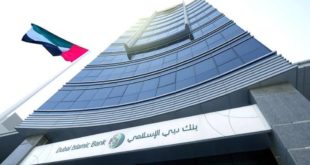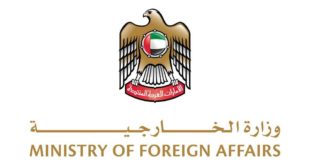28-04-2019 Media in\ Abu Dhabi
The Director General of the Arab Monetary Fund (AMF) confirmed that the Arab Clearing House of the Arab Monetary Fund, based in Abu Dhabi, will start its work by 2020, which will deal with the clearing and settling of Arab payments, which will enhance inter-Arab trade and support the economic activities of the member countries.
He said in a press statement today on the occasion of the Fund’s celebration of the Arab Day for Financial Inclusion, which falls on April 27 of each year, that the clearing system will use the accepted Arab currencies among the Arab countries in addition to the international currencies agreed upon by the member parties. .
He added that the Abu Dhabi-based Arab Clearing House, which handles the settlement of inter-Arab payments, will expand the link between financial markets in the Arab countries, enhance Arab economic cooperation and support the contribution of Arab investors in various fields of economic development.
The celebration of the Arab Day for Financial Inclusion, which was launched under the slogan “Financial Inclusion towards Sustainable Development”, was attended by representatives of the World Bank, the Arab Central Banks and the Arab Monetary Fund.
The Director General and Chairman of the Board of Directors of the Arab Monetary Fund in a speech on the reality of Arab financial inclusion to the close relationship between financial inclusion and financial stability and economic growth and achieve sustainable development and the impact of financial coverage on the social side in terms of attention to low-income groups and specific groups such as women and youth, To support the access of micro, small and medium enterprises to financial services and their integration into the formal financial sector, encourage the employment of modern financial technologies to enhance financial inclusion, and promote a culture of responsible finance in banking.
He praised the growing interest in the issues of enhancing financial inclusion by policy makers in Arab countries, which would help to address the challenges of poverty, unemployment and social justice. The unemployment rate among young people is 30 per cent in the Arab States, more than twice the average Of the youth unemployment rate of 13 per cent.
He pointed out that the statistics reflect the efforts exerted by the Arab countries in enhancing access to financial services in the Arab countries, noting that the percentage of the adult population in the Arab countries without access to official financial and financing services has declined on average from about 71% in 2014 to About 63 per cent in 2017, and from 78 per cent to 74 per cent for women and from 84 per cent to 72 per cent for low-income groups. Although these figures mask disparities among Arab States, The great opportunities still exist – especially for institutions Mechanism and private banking – that can be exploited to enhance the access of financial services in Arab societies.
The Director General and Chairman of the Board of the Arab Monetary Fund, the importance of supporting the access of micro, small and medium-sized enterprises to financial services, which are one of the most important pillars of the economy in most of the world as well as one of the most important areas of job creation. These projects have positive implications for improving financial inclusion and enhancing financial, economic and social stability.
SMEs represent more than 95 per cent of the total companies in most of the world and are one of the most important sources of overall and sustainable growth and job creation in economies, according to a study by the International Finance Corporation (IFC) that SMEs contribute about 33 per cent GDP of developing economies.
He stressed the Arab Monetary Fund’s efforts to enhance financial coverage in the Arab countries, contribute to the development of policies and procedures related to it, and improve its indicators through the regional initiative to enhance financial inclusion in the Arab countries.
On the sidelines of the celebration, the publication of the Book of Financial Inclusion in the Arab States was announced as a continuation of the efforts of the Arab Monetary Fund in enhancing financial coverage in the Arab region and reflecting the increasing attention given by central banks and monetary institutions in recent years to the programs and policies of financial inclusion in support of growth and stability opportunities. Economic and financial institutions in the Arab countries, where legislative and supervisory frameworks have witnessed significant development in this field, with a view to improving access to finance by all sectors of society, especially youth, women, micro and small enterprises, Medium-and work as well as to mobilize the savings of individuals through formal financial and banking sector.
The book reviews the concept of financial inclusion and its close relationship to financial stability. Improving financial inclusion through a wider use of formal financial services and products contributes to financial stability.
The book also addresses the role of financial inclusion in achieving sustainable development through its contribution to achieving several of the 17 UN sustainable development goals identified by the United Nations in 2030
 Media ININ Economy We Trust
Media ININ Economy We Trust








